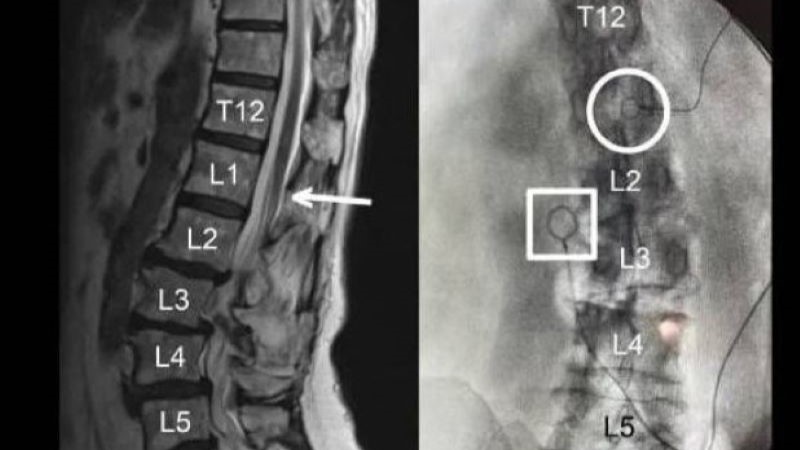
A study evaluated pain intensity and recovery of function in patients with end-stage osteoarthritis (OA) of the knee who underwent simultaneous bilateral versus unilateral total knee replacement (TKR).
The researchers explained, “Simultaneous [total knee replacement] is defined as the replacement of both knees in a single surgery. The major advantage of this surgery is that it requires only one hospital stay and rehabilitation period to recover both knees. However, previous studies have shown different perioperative risks between staged bilateral TKR and simultaneous bilateral TKR. While some studies indicate significantly higher mortality and morbidity risk with simultaneous bilateral TKR, other studies indicate reduced risk of mechanical malfunction and periprosthetic joint infection.”
Patients (mean age, 63.28 years) were stratified by whether they received bilateral (n=50) or unilateral (n=30) surgery. Hospital admission was five to seven days. Both groups received similar inpatient and outpatient physiotherapy sessions. Pain intensity (per the visual analog scale [VAS]) and functional capacity (per the lower extremity functional scale) were measured at baseline and again at seven and 30 days postoperatively.
At 30 days postoperatively, intensity measured by the VAS improved significantly in both groups (bilateral TKR: day 0, 8.9; day 30, 2.2; unilateral TKR: day 0, 8.8; day 30, 2.0; P<0.001), as did functional capacity (bilateral TKR: day 0, 16.2; day 30, 55.6; unilateral TKR: day 0, 19.1; day 30, 56.7; P<0.001). A non-significant difference was observed between bilateral and unilateral surgery in 30-day pain intensity reduction (mean changes, 6.9 vs. 6.8) and improved functional capacity (mean changes, 39.4 vs. 37.6) (P>0.05).
The results of the study were published in BMC Musculoskeletal Disorders.
“Simultaneous bilateral total knee replacement was associated with a similar reduction of pain intensity and recovery of function compared to unilateral total knee replacement, suggesting the use of simultaneous bilateral total knee replacement in patients with bilateral knee osteoarthritis since its costs and rehabilitation process could be reduced compared to staged bilateral total knee replacement,” the study authors concluded.







 © 2025 Mashup Media, LLC, a Formedics Property. All Rights Reserved.
© 2025 Mashup Media, LLC, a Formedics Property. All Rights Reserved.